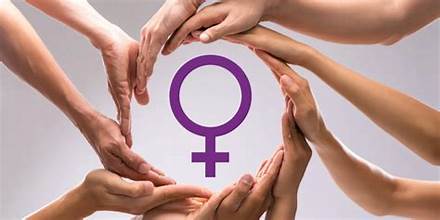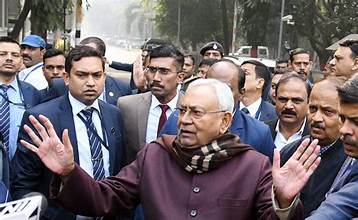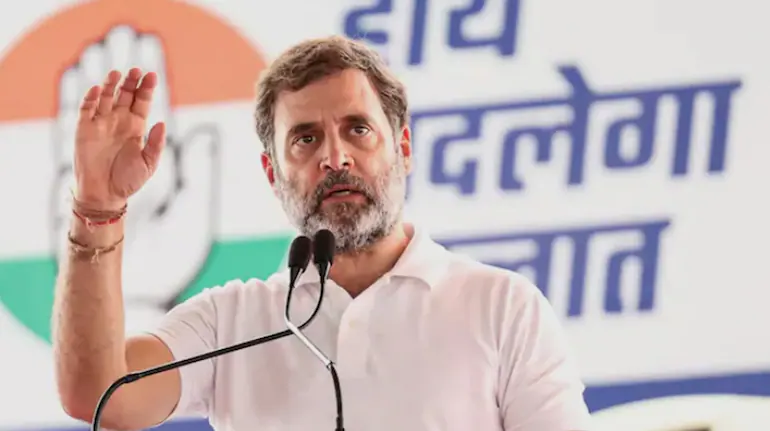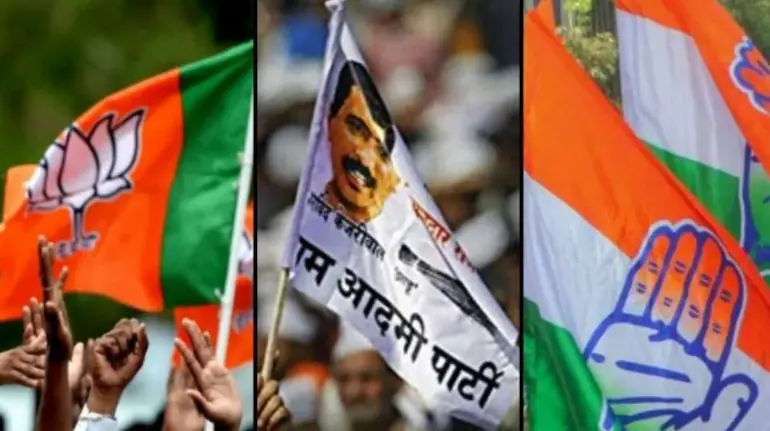In the recent elections, Mumbai’s voters appeared to brush aside the Marathi vs Gujarati rhetoric that had dominated many political campaigns. While certain neighborhoods, like Malabar Hill, Kandivli East, Borivali, and Vile Parle, are known for their Gujarati community influence and are considered BJP strongholds, areas with a Marathi-majority, such as Shivaji Park, Lalbaug, and Worli, are traditionally associated with Shiv Sena.
This election season, several political parties tried to use the narrative of Marathi vs Gujarati to consolidate votes, with some highlighting the alleged exodus of industries to Gujarat to rally Marathi support. In a rally held the day before the elections, Uddhav Thackeray addressed the issue, criticizing Modi and Amit Shah for fueling this divide. He urged Gujaratis to understand the long-term consequences of such polarization and to “identify their real enemies.”
However, when it came time to vote, many Mumbaikars dismissed this divisive rhetoric in favor of more practical concerns. Hasmukh Mehta, a retired banker from Pant Nagar, emphasized that the city’s residents live harmoniously, regardless of community backgrounds. “Politicians may try to divide us, but we know better,” Mehta stated.
For others, like Priyanka Shah, a 20-year-old from Tilak Road, the decision was based on development priorities. “I voted for infrastructure, better roads, and public spaces. My vote isn’t about community rivalry,” she explained.
This shift in voter mindset highlights that, despite political attempts to stoke division, the people of Mumbai are increasingly prioritizing progressive change and development over identity-based politics.









